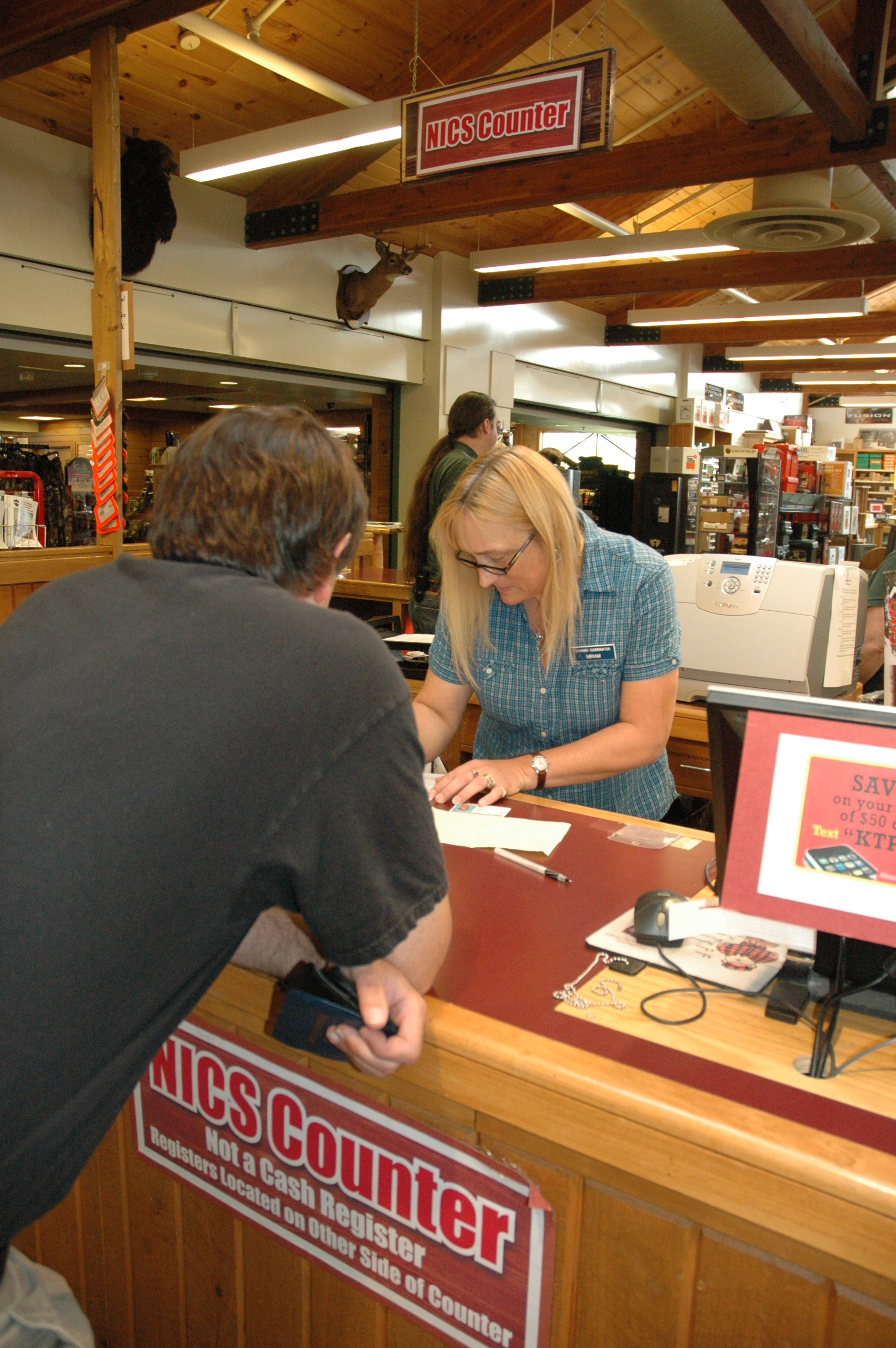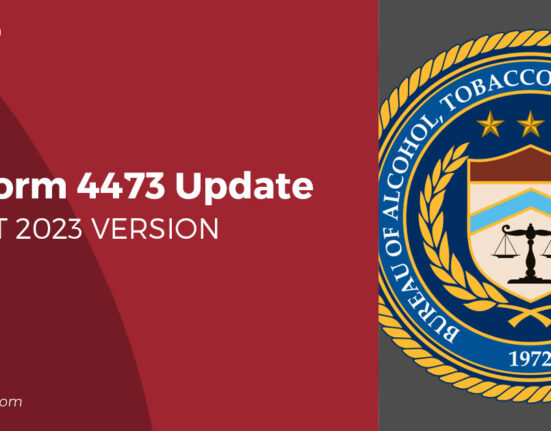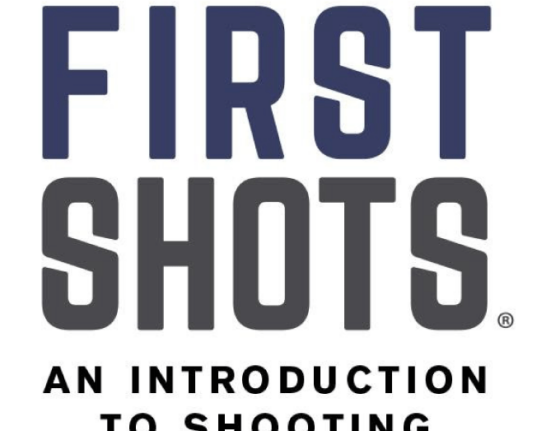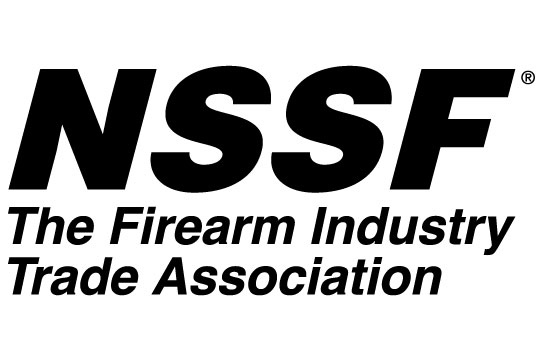Photo courtesy of NSSF
Article courtesy of Chris Chiafullo, National Coordinating Counsel, FFL Guard
The best thing we can do from a bad situation is learn from it. While gun stores, distributors, and firearm manufacturers are typically protected from lawsuits regarding straw purchases, it’s not something you should count on. The Protection of Lawful Commerce in Arms Act prevents FFLs from being liable for the criminal misuse of firearms which are lawfully sold, but that doesn’t mean you and your store are fully protected. Don’t let a bad sale or incorrectly handled forms end your time as an FFL.
Wisconsin Federal Firearms Licensee (“FFL”) Badger Guns was recently ordered to pay almost 6 million dollars to two police officers who were injured when they were shot in 2009. The man who shot the officers used a firearm originally purchased from Badger Guns in an alleged straw purchase. A jury found Badger Guns liable in that the FFL “knew, or should have known,” the purchaser of the firearm was making an illegal straw purchase for the man who ultimately shot the officers.
Gun stores, their distributors, and firearm manufacturers are generally protected from these types of lawsuits. The Protection of Lawful Commerce in Arms Act (“PLCAA”), a federal law enacted in 2005, prevents FFLs from being liable for the criminal misuse of firearms which are lawfully sold. If the FFL, however, acts “unlawfully or negligently,” they are not immune from such lawsuits because “a bad sale” is considered the responsibility of the FFL.
According to court documents, two men (the purchaser and the ultimate shooter) entered Badger Guns and selected a handgun for purchase. The shooter was apparently too young to lawfully purchase a handgun, so the purchaser conducted the transaction.
Here’s where the devil is in the details: Both men were in the store together, at some point, to select the gun. The shooter ultimately provided some of the purchase funds to the purchaser (who actually left the store mid-transaction to retrieve those funds from the shooter). While filling out the Form 4473, the purchaser originally checked “no” to the question about whether he was the actual purchaser of the firearm. The Badger Guns sales clerk allegedly explained to the purchaser that he could not buy the firearm with that selected answer, and he coaxed the purchaser to change his answer to “yes.” In addition, the purchaser had other errors (and misstatements) on his second, reworked Form 4473 that suggested a lack of attention to detail by the FFL.
Badger Guns’ defense, much as would be the plausible defense of any FFL, was that there was no way they could have known that the transaction was actually a straw purchase. As Badger Guns’ attorney noted in the trial, deception is at the heart of a straw purchase. But the circumstances as a whole suggested a seller with little regard for compliance, weak moral and corporate character, and poor business practices.
The set of facts presented is one that FFLs know well. If Badger Guns had been more vigilant about being aware of and preventing straw purchases, they may not have lost their lawsuit… or even been in one from the start. Additionally, it was clear that Badger Guns provided inadequate training to their employees, and had poor compliance protocols in their store. If they subscribed to heightened standards (like *ahem* FFLGuard’s Law Plus Guidelines) and/or established a good compliance ethic and system (that’s shameless plug #2 for the FFLGuard Program), then they could’ve avoided the entire situation altogether, or at least could have shown that the transaction in question was not the norm. Instead, a jury of this FFL’s peers thought it WAS the norm at Badger Guns, which surely made it easier to whack them for $6M.
Like being the local pub’s bartender, serving any customer is discretionary. And need I remind anyone that there’s no such thing as “ticky-tacky paperwork errors,” because how you conduct your business is extremely important. Sure, one-offs may happen… and short of being clairvoyant, it’s hard to really know when a criminal is committing a con on you… but with this case as a precedent, FFLs need to be even more selective and careful about how they sell firearms and to whom. If a jury decides after-the-fact that an FFL “should have known” a transaction to be inappropriate, then keeping your compliance house in order must be at the top of your list sooner rather than later.
Click here to read full story at FFL Guard.







